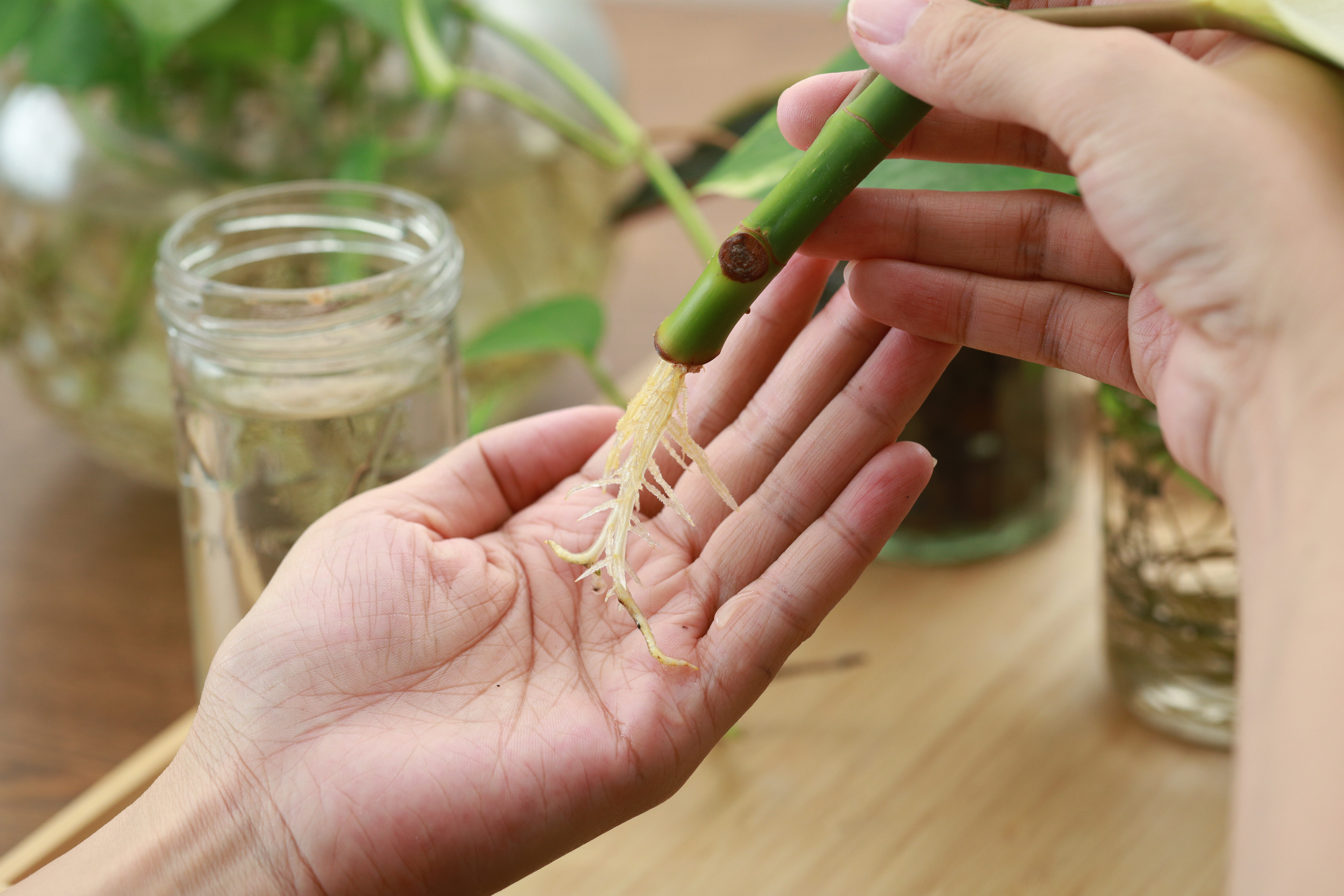
Seed Library
Use FREE, locally donated seeds from the library to grow your own vegetables and flowers. Then, let some go to seed and return some of the next generation seeds for others to borrow.
The Seed Library is located just outside the Imaginarium on the library's second floor and is open year round.
Mead Seed Library is a collection of open-pollinated and heirloom seeds that you can borrow to plant and grow at home. Our seed collection depends on donations. You'll see different seeds available at different times, so check in frequently to see what's available.
It changes all the time, as more seeds are donated, and as seeds are checked out. Click to view a list of seeds.
There are roughly enough seeds for 3-5 plants in each packet. Because not all seeds germinate, this equals about 10-15 seeds. If the seeds are small, there may be even more in the packet. All seeds are donated, and are “buyer beware.” We accept all kinds of seeds.
Each packet includes the type and variety of seed, where it came from, the date it was harvested or packed and when the seeds were repacked for the Mead Seed Library.
Choose your seeds and fill out the form next to the catalog with your name, contact information, and the common name and variety of each seed packet you are taking home. Hand in the form at the second floor help desk. Please only take up to 6 packets of seeds.
Sometimes. Most of the vegetable and herb seeds have an information page in the binder next to the seed library. Feel free to make a photocopy of the page or copy down pertinent information, or click to view the growing instructions that we have on file. Information can be found at the beginning of each section of flowers in the card catalog.
Nope! This is not an exchange. If you don’t have any seeds to share, you can still take seeds.
- You don’t need to repackage your seeds for the library; you can bring them in a paper bag, for example, or in the original commercial seed packet. Seed should be dry and clean of chaff.
- Bring them to the Help Desk on Second Floor.
- Fill out an information slip, available at the help desk or online here. The contact information you provide is for internal library use, for tracking and in case we have questions about your seeds.
- We will accept any seeds, however we prefer those that are open-pollinated or heirloom, because seeds from these plants will be viable in the next year. If you do not know if your seeds are open-pollinated, please note that on the information card.
- Easy seeds to save include: tomatoes, beans and peas, cucumbers, melons and squash, annual and biennial herbs, lettuce, peppers, eggplant, spinach and miscellaneous greens. (from Seed Ambassadors Zine)
- Questions?
Here are some helpful websites to visit to help you save and grow your seeds:
- Seed Savers Exchange
- Crop Specific Seed Saving Guide
- Richmond Grows - well known public seed library
- SeedSave.Org- great information on the basics of seed saving
- Seed Saving Ambassadors’ Seed Saving Zine
- Sheboygan County Master Gardeners
Recommended books:
- 635.0421 As399s 2002 Seed to Seed by Suzanne Ashworth - very comprehensive, reference book
- 635.0423 D442b Breed Your Own Vegetable Varieties: The Gardener's and Farmer's Guide to Plant Breeding and Seed Saving by Carol Deppe
- 635.0421 B848n The New Seed-Starters Handbook by Nancy Bubel - great for beginners and more experienced gardeners
- Donate seeds. We prefer heirloom or open-pollinated varieties, but will take any seeds. Visit the help desk on second floor for more information.
- Donate time. We need volunteers to do tasks such as sort and package seeds. You can print and complete the form on our Volunteering page and bring or mail it to the library.
- Donate expertise. If you’re an expert gardener or seed saver, and you’re interested in teaching a workshop or being a gardening mentor, email us.
- Talk it up! Tell your friends, tell your enemies, tell your mothers, fathers, uncles, aunts, cousins, and general acquaintances.
Please print and complete the volunteer form found here and bring or mail it to the library.

Swap plants with your neighbors with the Mead Plant Cutting Exchange, located just outside the Imaginarium makerspace on the second floor at Mead.
You can leave a plant cutting, take a plant cutting, or both!
- Choose a healthy, pest-free plant.
- Using a clean tool, snip from the root, stem or leaf.
- Wrap base in a damp paper towel and put in a bag to transport to Mead.
- Bring to the Mead Plant Cutting Exchange and write the name of the plant on a blank index card, along with any plant care tips.
- Place plant cutting into an empty jar with water, and attach index card using a magnet. No dirt, please.
- Spray water on paper towel and wrap base of the cutting.
- Place cutting in plastic bag for transport; keep or recycle index card.
Special Thanks
The seeds that make up our collection have come to us through donations of local and national seed companies. We’d especially like to acknowledge Seed Savers Exchange and Winter Sown. Many thanks to the other businesses and individuals who have contributed time and seeds to this endeavor. We will continue to accept donations of open-pollinated and heirloom seeds in any quantity, from anyone in the community who is willing to share.
We also want to acknowledge the seed library trailblazers that inspired us and helped us pave the way for the Mead Seed Library, most notably the Seven Hills Seed Library in Port Washington, Mountain View Public Library, and Richmond Grows.
